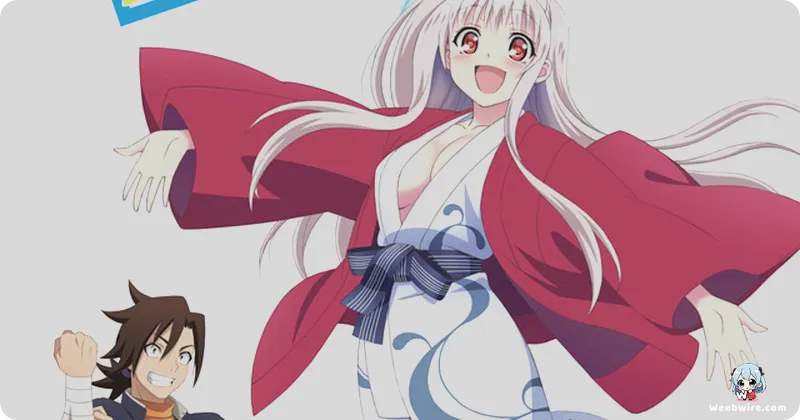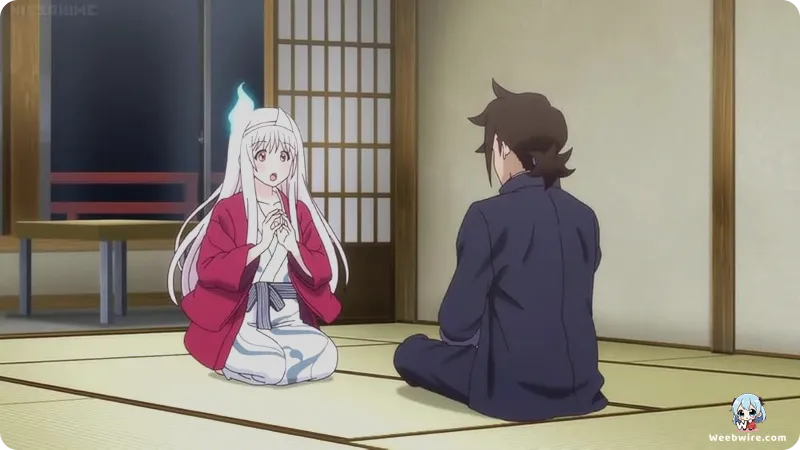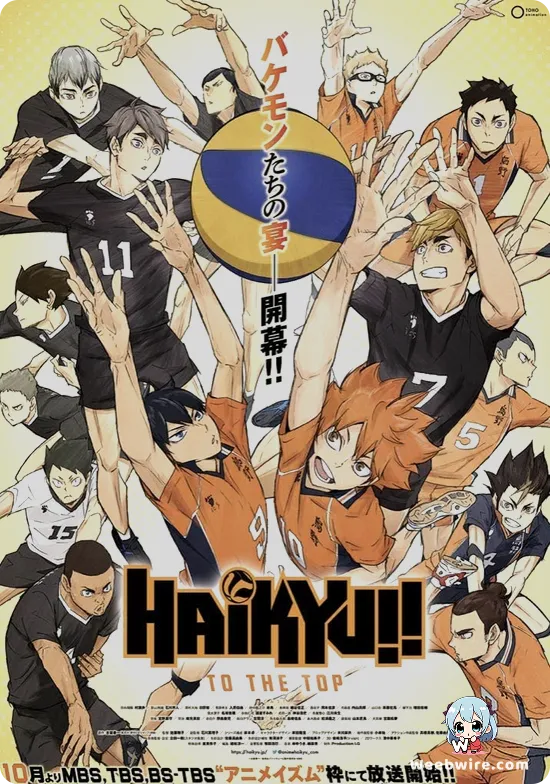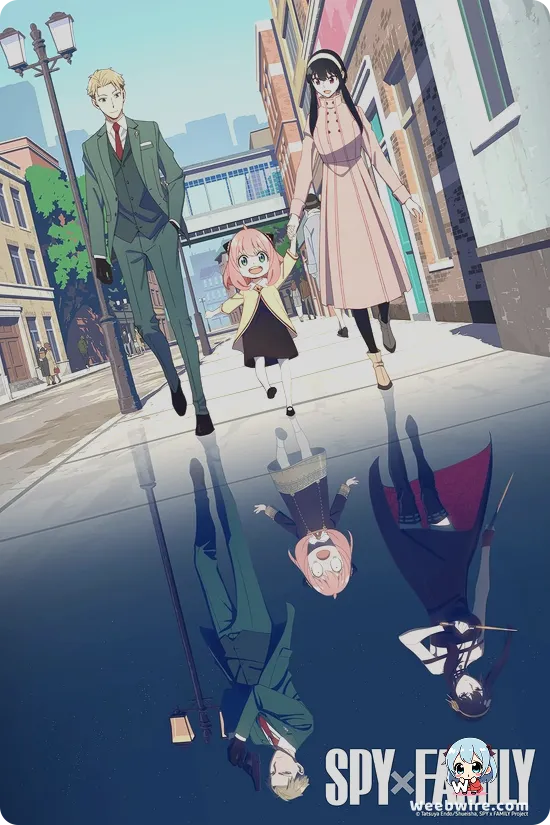Unveiling the Spirited Legacy of Yuuna and the Haunted Hot Springs: A Deep Dive into Xebec's Supernatural Comedy Gem

Step into the enchanting yet uproarious realm of Yuuna and the Haunted Hot Springs, an anime masterfully weaving together supernatural thrills, heartwarming romance, and side-splitting comedy. While its reputation often precedes it with its prominent ecchi humor, a deeper dive reveals a series brimming with ingenious character dynamics, a refreshingly unique premise, and a compelling behind-the-scenes narrative involving its esteemed animation studio, Xebec.
The Unique Premise of Yuragi-sou
At its heart, Yuuna and the Haunted Hot Springs introduces Fuyuzora Kogarashi, a high schooler blessed or perhaps cursed with the ability to perceive and exorcise spirits. Penniless and adrift, his path unexpectedly leads him to Yuragi-sou, a dilapidated hot spring inn whispered to be haunted. Instead of the malevolent specter he anticipates, Kogarashi encounters Yuuna Yunohana, a gentle, amnesiac ghost whose sole desire is to find peace and move on. Rather than an immediate exorcism, Kogarashi chooses to aid Yuuna in resolving her lingering regrets, a decision that solidifies his place as a permanent resident of the inn. The true charm of this setup lies in Yuragi-sou itself, a vibrant hub not only for Yuuna but also for a colorful ensemble of other supernatural and human inhabitants. Each resident, with their distinct quirks and formidable powers, ensures Kogarashi's life is anything but mundane, providing a constant source of delightful chaos.
Ingenious Character Dynamics
A truly captivating aspect of the series is its innovative approach to character interactions. Kogarashi, despite his formidable spiritual prowess, possesses an almost comical knack for stumbling into unfortunate, often compromising, predicaments. These moments, while serving as the primary vehicle for the series' ecchi humor, are seldom gratuitous. Instead, they typically spring from genuine misunderstandings or Kogarashi's earnest attempts to assist the girls, only to be thwarted by his own ill luck or the supernatural antics of the inn's eclectic residents. This consistent comedic timing elevates the fanservice, transforming it from mere spectacle into an integral component of the narrative's humor.
Yuuna herself is a captivating figure. Despite her ghostly nature, she exudes an incredible innocence and naivete, often blissfully unaware of the suggestive situations she inadvertently instigates. Her amnesia adds an intriguing layer of mystery, propelling a subtle overarching plotline as Kogarashi and his newfound companions strive to unravel her past. The other residents including the alluring succubus Sagiri Ameno, the playful cat spirit Yaya Fushiguro, and the shy zashiki-warashi Chisaki Miyazaki each contribute their unique supernatural abilities and personalities, fostering a dynamic and unpredictable living arrangement. Their varied reactions to Kogarashi's presence, ranging from initial suspicion to burgeoning affection, form the bedrock of the series' romantic comedy.

Studio Xebec's Enduring Legacy
A lesser-known yet profoundly significant detail about the anime adaptation is its deep connection to Studio Xebec. Renowned for action-packed hits like Martian Successor Nadesico and the beloved To Love-Ru series, Xebec breathed life into Yuuna and the Haunted Hot Springs. This anime notably stands as one of the studio's final major productions before its animation division was absorbed into Production I.G, giving rise to the new subsidiary, I.G. Zwei. For devotees of Xebec's distinctive art style and their mastery in handling both dynamic action and expressive character animation, Yuuna and the Haunted Hot Springs serves as a powerful testament to their capabilities, particularly within the realm of ecchi comedy. It brilliantly showcases their ability to fluidly animate character reactions and sustain visual excellence even amidst rapid-fire comedic scenarios, solidifying its place as a fitting part of their remarkable legacy.
Beyond the Ecchi: Humor and Heart
The humor in Yuuna and the Haunted Hot Springs extends far beyond its ecchi elements. It frequently employs expertly timed slapstick, clever wordplay, and situational comedy, often arising from the hilarious clash between Kogarashi's sincere desire to be a diligent exorcist and the inherently chaotic nature of cohabiting with a house full of yokai. The series masterfully balances its lighthearted moments with genuinely touching scenes, particularly those exploring Yuuna's yearning for her past and Kogarashi's compassionate nature. This emotional depth prevents the anime from devolving into a one-note comedy, adding resonant layers that captivate viewers long after the initial laughter subsides.
Fan Reception and Enduring Appeal
Fan reception for the series consistently praises its charming characters and unwavering comedic tone. Many viewers laud how the series skillfully navigates being both overtly ecchi and profoundly heartwarming, a challenging combination to execute successfully. The anime's remarkable ability to develop its characters, even within a largely episodic narrative structure, is frequently commended. Each resident of Yuragi-sou feels distinct and contributes meaningfully to the overall dynamic, ensuring the ensemble cast never overwhelms the viewer. The series truly excels at cultivating a cozy, almost slice-of-life ambiance within its supernatural setting, making the haunted inn feel like a genuinely lived-in home.
Ultimately, Yuuna and the Haunted Hot Springs transcends the typical supernatural ecchi comedy; it's a delightful exploration of improbable friendships, blossoming romance, and the daily pandemonium of coexisting with ghosts and spirits. Its clever script, unforgettable characters, and the fascinating historical context of its animation studio make it a noteworthy gem in the genre, promising a wealth of enjoyable moments and intriguing facts for both newcomers and seasoned anime enthusiasts alike.
Credits
Yuuna and the Haunted Hot Springs
Author
Tadahiro Miura
Cover Art
Tadahiro Miura
Studio
Xebec
Publisher
Shueisha
Producers





